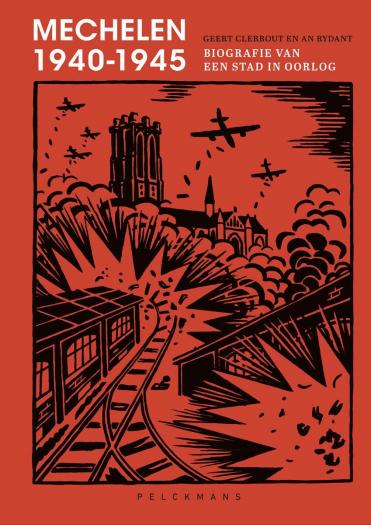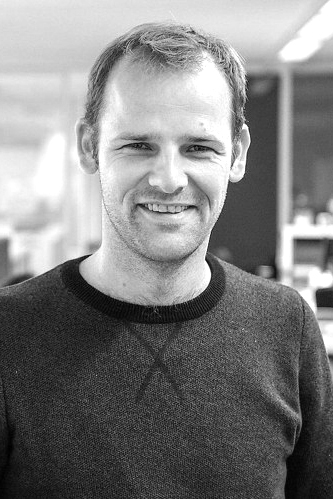Mechelen 1940-1945. Biografie van een stad in oorlog.
CegeSoma Public History Meeting (2025-1)

Conference (in Dutch) with guests An Rydant and Geert Clerbout.
An interview led by Widukind De Ridder.
The city of Mechelen was not spared during the Second World War. The population was confronted with several tragedies: occupation, hunger, bombing and Nazi terror. The war confronted the population with fundamental questions: who joined the resistance, who collaborated? What was the price to be paid for these choices? How did ordinary citizens cope with the dark years of war? Events on distant fronts influenced daily life in Mechelen. The presence of the many Jews interned in the Dossin barracks also cast a shadow over the city.
Geert Clerbout and An Rydant, authors of 'Mechelen 1940-1945. Biografie van een stad in oorlog', place local events in a broader perspective of the history of WWII. For the first time, in-depth research has been carried out into the activities of the Resistance in Mechelen, bringing to light new and unknown elements of local collaboration and depicting an illuminating picture of how the city and its inhabitants experienced the war. Eighty years on, this reconstruction remains highly topical.
What does this micro-history tell us about World War II in Flanders? What methods and sources were used to reconstruct the past? How was the lack of witnesses compensated for? Under what conditions was resistance carried out in a town best known for its collaboration? How did the « Maneblussers » (the nickname of the city's inhabitants) experience the presence of the Dossin barracks in the heart of the city? What was their attitude towards the Jews? What was the influence of the Church and the archiepiscopal see? How did the inhabitants spend their days and evenings, and what were their concerns? Was WWII a watershed in the city's political history?
Geert Clerbout and An Rydant will address these questions and present the results of their research on Wednesday February 26 at 2:00 pm. The debate will be moderated by Widukind De Ridder. This event will take place in the CegeSoma conference room as part of the Public History Meetings, in partnership with the non-profit organization ''Friends of CegeSoma''.
 Geert Clerbout is a historian (VUB) and has worked for over fifteen years as a documentary filmmaker at VRT. He has been editor-in-chief of such award-winning series as Kinderen van de collaboratie, Kinderen van het verzet and Godvergeten. He is also the author of Oorlog aan de Dijle, in which he describes life in Mechelen during World War I.
Geert Clerbout is a historian (VUB) and has worked for over fifteen years as a documentary filmmaker at VRT. He has been editor-in-chief of such award-winning series as Kinderen van de collaboratie, Kinderen van het verzet and Godvergeten. He is also the author of Oorlog aan de Dijle, in which he describes life in Mechelen during World War I.
An Rydant is director of the AMVB, a pluralistic archive on the history of Flemish life in Brussels from the early 19th century to the present day. A historian (VUB), she was active in the film and media world for many years before returning to her first love, history. In 2022, she worked at CegeSoma on a project concerning the Independence Front in seven central Flemish cities, including Mechelen. In the course of her research, An met Geert Clerbout. Together, they decided to write the history of this city on the Dyle river during WWII.
 Widukind De Ridder holds a doctorate in history from the VUB. Her fields of research are socio-economic history and the history of political thought (19th and 20th centuries). As a researcher with FED-tWIN Belcowar, he shares his time between CegeSoma/State Archives and the Moderniteit en Samenleving, 1800-2000 (MoSa) research unit at KU Leuven.
Widukind De Ridder holds a doctorate in history from the VUB. Her fields of research are socio-economic history and the history of political thought (19th and 20th centuries). As a researcher with FED-tWIN Belcowar, he shares his time between CegeSoma/State Archives and the Moderniteit en Samenleving, 1800-2000 (MoSa) research unit at KU Leuven.